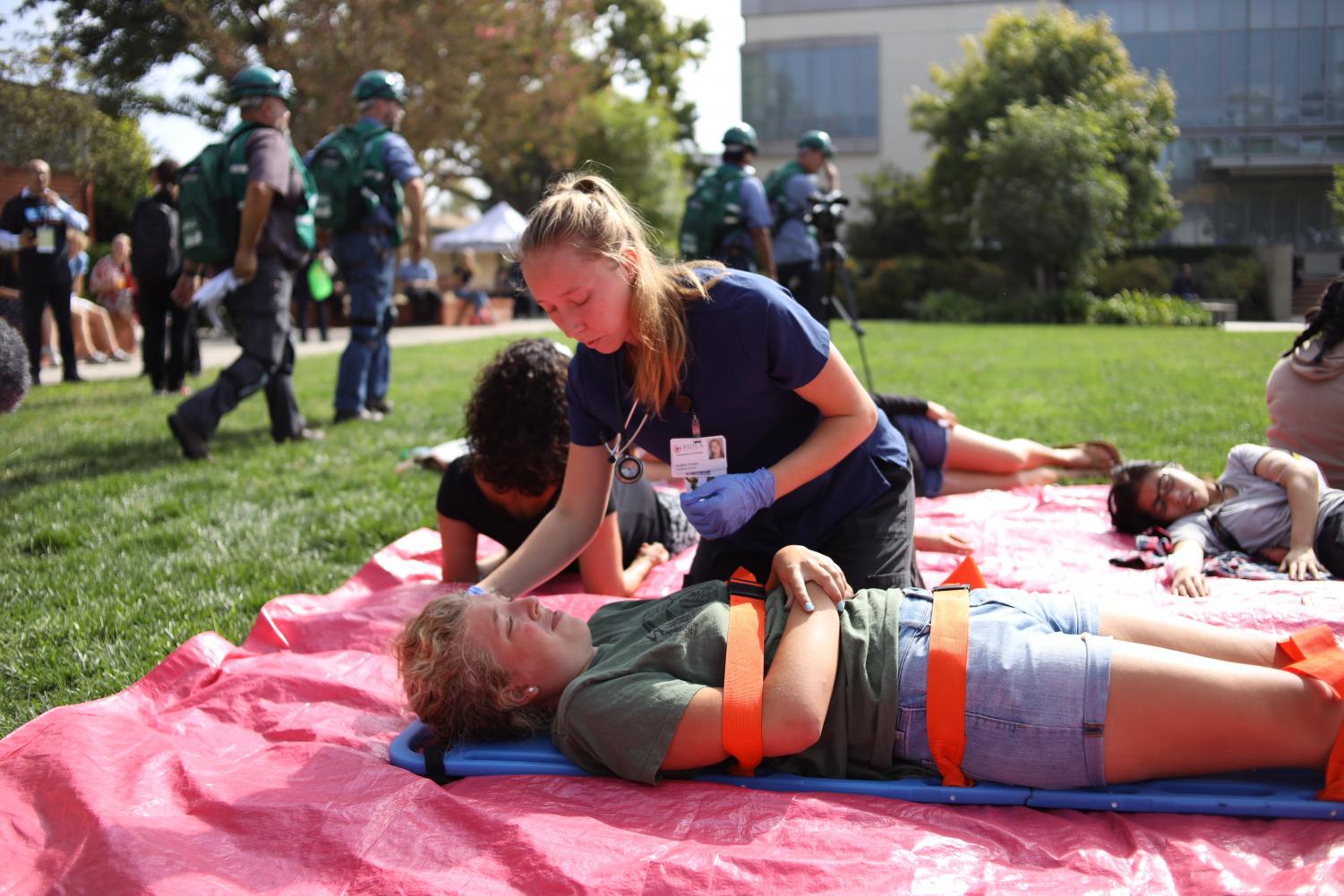The California Board of Registered Nursing will lower direct patient contact hour requirements for nursing student clinicals from 75% to 50%, the Department of Consumer Affairs announced on April 3.
Last month, Ryane Panasewicz, a senior nursing major from West Coast University, created an online petition asking the BRN to soften its restrictions on clinicals.
The petition came after many of Biola’s nursing students were told their graduation would be delayed a semester due to hospitals’ unwillingness to accept students during the COVID-19 pandemic.
The DCA said in a press release that the waiver will affect “students in obstetrics, pediatrics and mental health/psychiatric courses,” whereas geriatrics and medical-surgical courses will allow 50% of patient care to take place through simulation or lab training.”
VICTORY OR NO VICTORY
The change doesn’t affect Biola nursing majors, since “specialty courses remained far short of even 50% direct care requirement,” according to Director of the Department of Nursing Rachel Van Niekerk in an email announcement on April 6.
When the petition was started, students were still able to do some clinical hours, so the decrease to 50% would have helped. However, since no facilities are accepting students now, the cut in hours no longer helps, said Niekerk.
The petition was riddled with negative comments arguing there is still no victory, even after the reduction to 50%. However, Panasewicz disagreed in a comment on the petition site.
“It IS a victory because regulation has been changed where the BRN was NOT willing to change before,” Panasewicz commented. “Are there murky areas? Yes. But this is the first big step we need. So for all of you negative Nancy’s out there that want to rain on our parade— you organize a better petition than this & fight the BRN and DCA better than we did.”
CERTAIN COURSES WAIVED
Some nursing majors are confused whether this change will affect them or not, as the DCA only mentioned the in-person contact would be waived for obstetrics, pediatrics, mental health/psychiatric, geriatrics and medical-surgical courses.
“Also the new waiver does not mention anything about community health nursing, leadership or capstone specifically,” commented petition signer Ellen Patriarca. “Hopefully they are still working on another waiver for these classes.”
ON THE FRONT LINES
Nursing students are allowed to work during the epidemic, according to a press release from the BRN, especially as there is a shortage of healthcare workers during this time. Students are placed in areas based on their knowledge, skill level and their licensure status, said Niekerk in an email.
If students choose to volunteer as a healthcare worker during this time, the experience will not count toward their nursing degree or clinical hours, since there is no faculty that can assess students’ developing skills. Niekerk added that it would not be a suitable learning environment.












